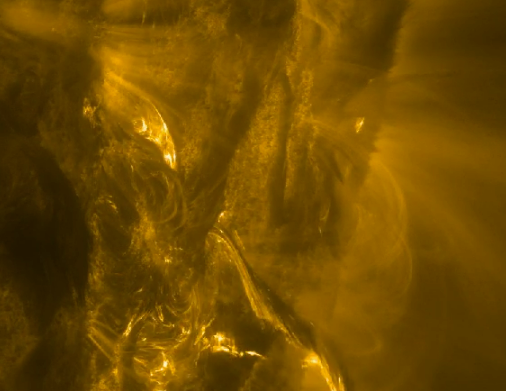During the total solar eclipse that captivated the United States in 2024, scientists observed a fascinating phenomenon among birds. As the sky darkened, many species suddenly changed their behavior — some went completely silent, while others began to sing again as soon as sunlight returned, as if a new day were beginning. Researchers have dubbed this event the “false dawn chorus.”

The study, published in Science and led by researchers from Indiana University, revealed that this brief interruption of sunlight was enough to disrupt the birds’ biological clocks. In total, 29 species showed noticeable behavioral changes during the eclipse.
To collect large-scale data, scientists created an app called SolarBird, allowing birdwatchers across North America to record and share what they observed in real time. The project drew an impressive response: more than 1,700 volunteers submitted over 11,000 reports documenting bird movements and vocalizations during the eclipse.
Automated recorders were also placed in several regions of the U.S., capturing over 100,000 bird sounds, later analyzed with the help of artificial intelligence through a system known as BirdNET. The results showed that as soon as daylight returned, 19 species began to sing intensely, recreating the sounds of an early morning sunrise.
According to the researchers, this phenomenon highlights the crucial role of sunlight in regulating birds’ daily cycles — influencing everything from feeding to resting and breeding.
Understanding how animals respond to natural events like eclipses can also shed light on how they are affected by environmental changes caused by humans, such as global warming and light pollution.





More
Solar Superstorm: What Would Happen if the Sun Shut Down Earth’s Technology?
Scientists Discover New Methane Leaks Beneath the Antarctic Ocean
Report Reveals Structural Failures in the Titan Submersible Before the Tragedy